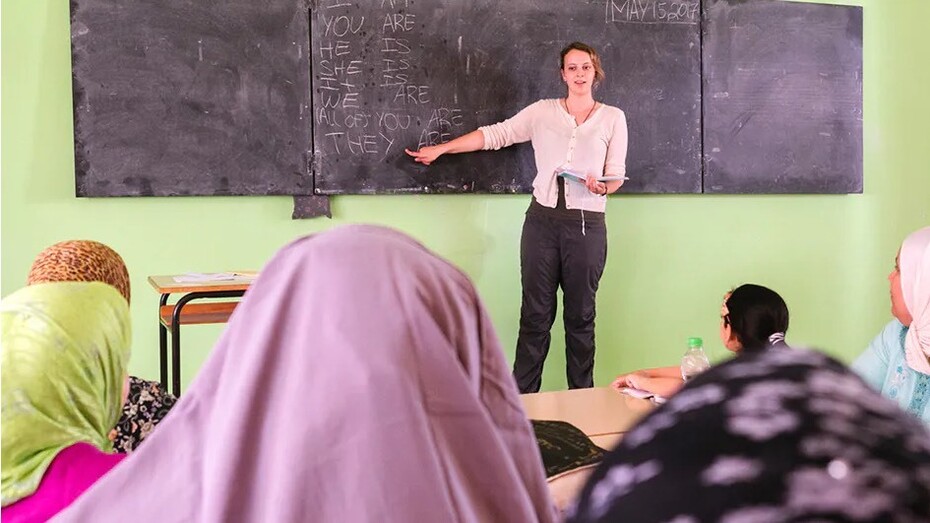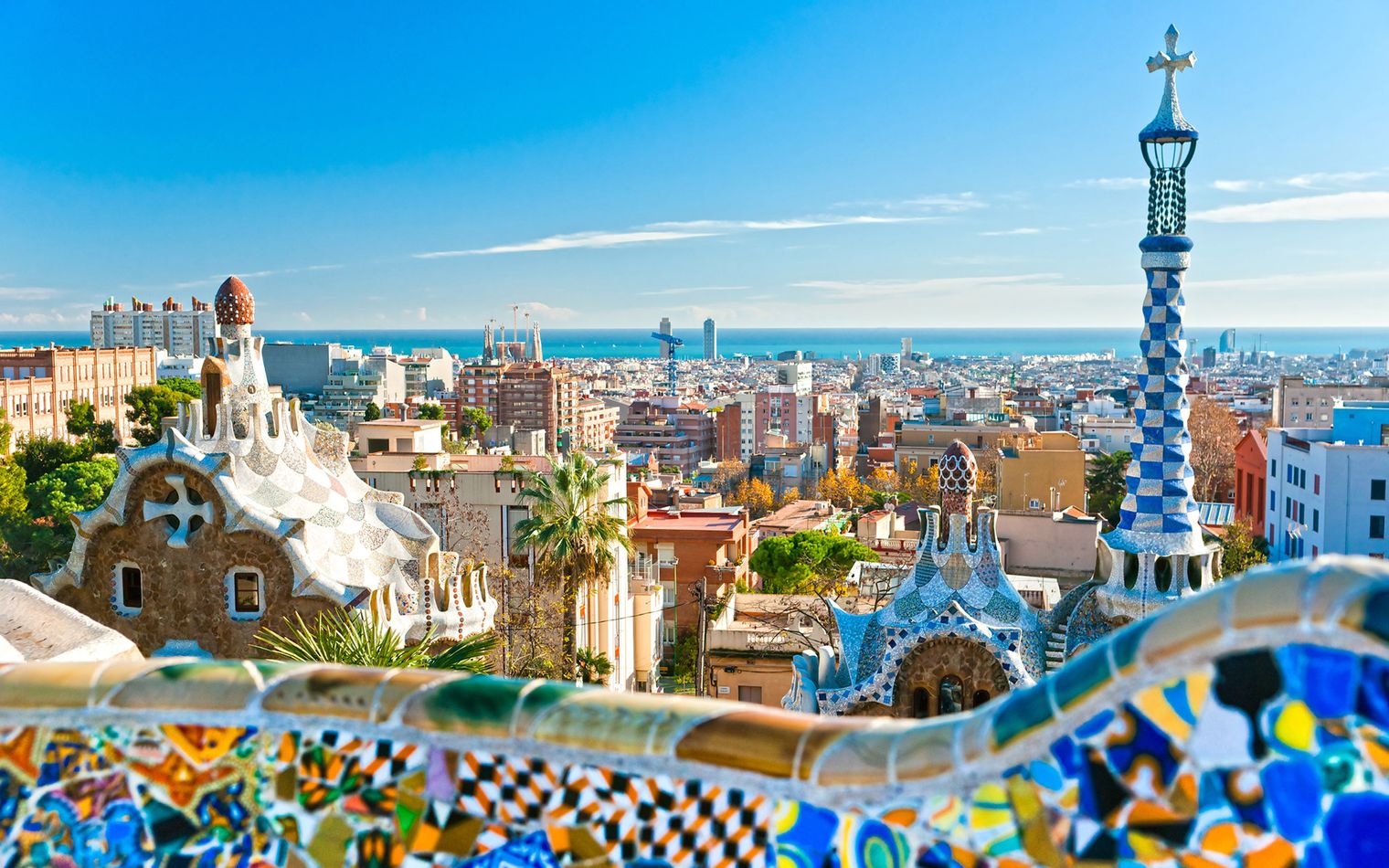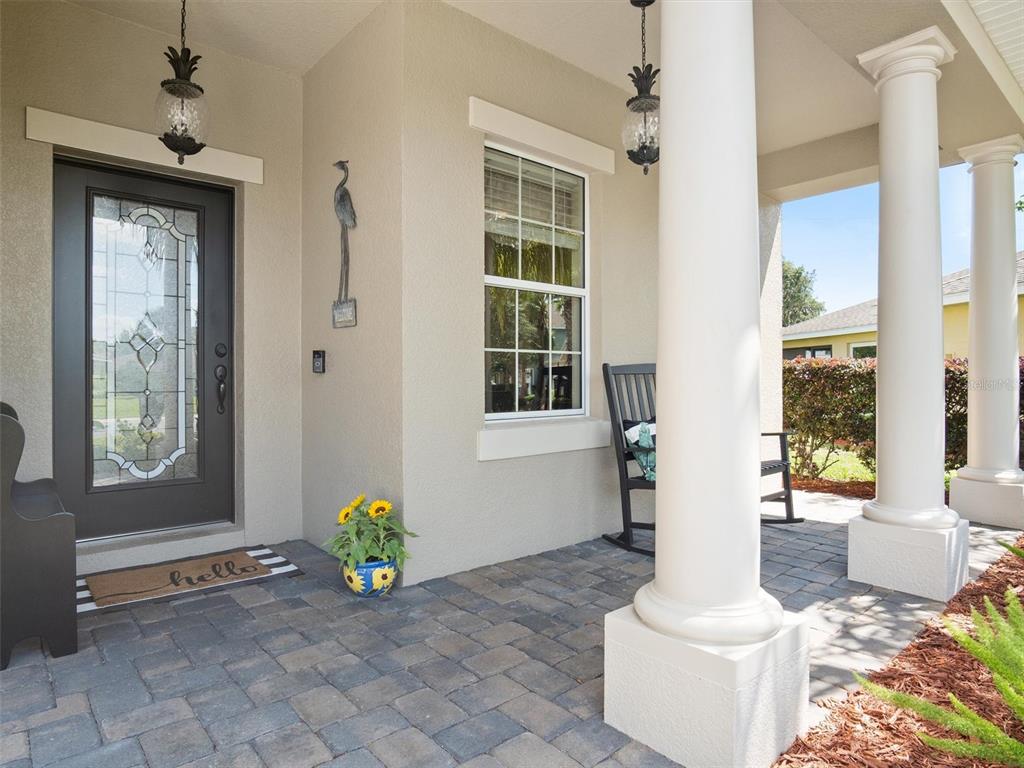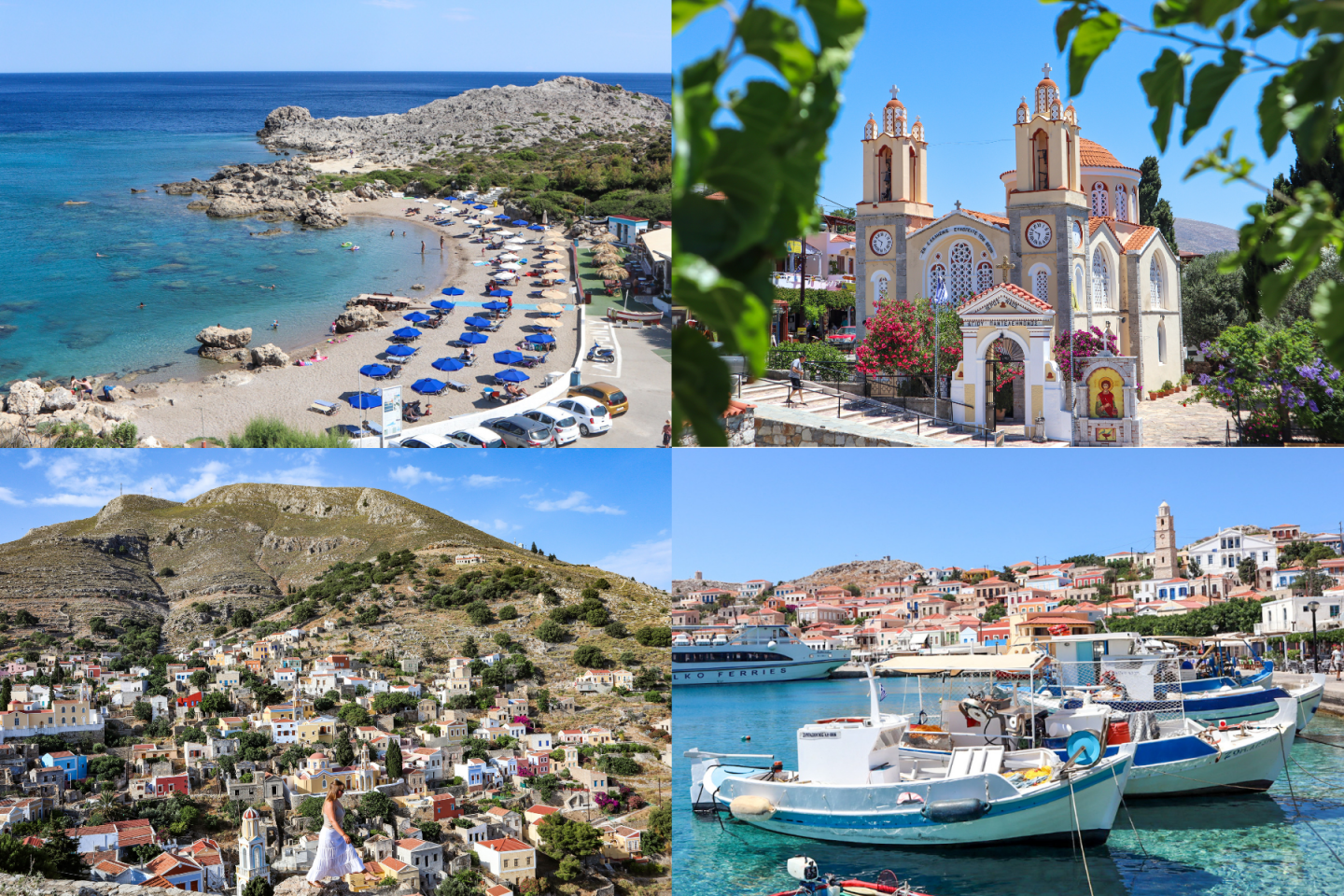Multilingualism is a remarkable aspect of Moroccan culture, enriching the lives of its people and fostering connections with the global community. With a diverse linguistic landscape, Morocco embraces numerous languages that reflect its historical, cultural, and geographical influences. From Arabic and Berber to French and Spanish, the country’s linguistic tapestry tells a fascinating story of coexistence and mutual respect. This article delves into the beauty of multilingualism in morocco language, exploring the significance of each language and its impact on society. Through this exploration, we aim to shed light on the power of language in bridging gaps and fostering understanding.
Table of Contents
Arabic – The Language of Unity

Arabic, with its different dialects, holds a central position as the official language of Morocco. Derived from Classical Arabic, Moroccan Arabic (Darija) is widely spoken across the country. Its prevalence unifies Moroccans, transcending regional boundaries and promoting social cohesion. From lively conversations in bustling souks to formal interactions in business settings, Arabic serves as the foundation of communication in Morocco. The rich linguistic heritage of Arabic is celebrated through literature, poetry, and religious rituals, reinforcing its significance in Moroccan society.
Berber – An Ancient Legacy
The Berber language, Amazigh, is another integral part of Morocco’s linguistic fabric. With its origins tracing back thousands of years, Berber represents the indigenous culture of the Amazigh people. This language serves as a testament to Morocco’s historical roots, emphasizing the country’s ancestral heritage. Despite facing marginalization in the past, efforts have been made to preserve and revitalize Berber in recent decades. The recognition of Tamazight (Berber language) as an official language in 2011 marked a significant milestone in promoting linguistic diversity and inclusivity in Morocco.
French – A Legacy of Colonialism
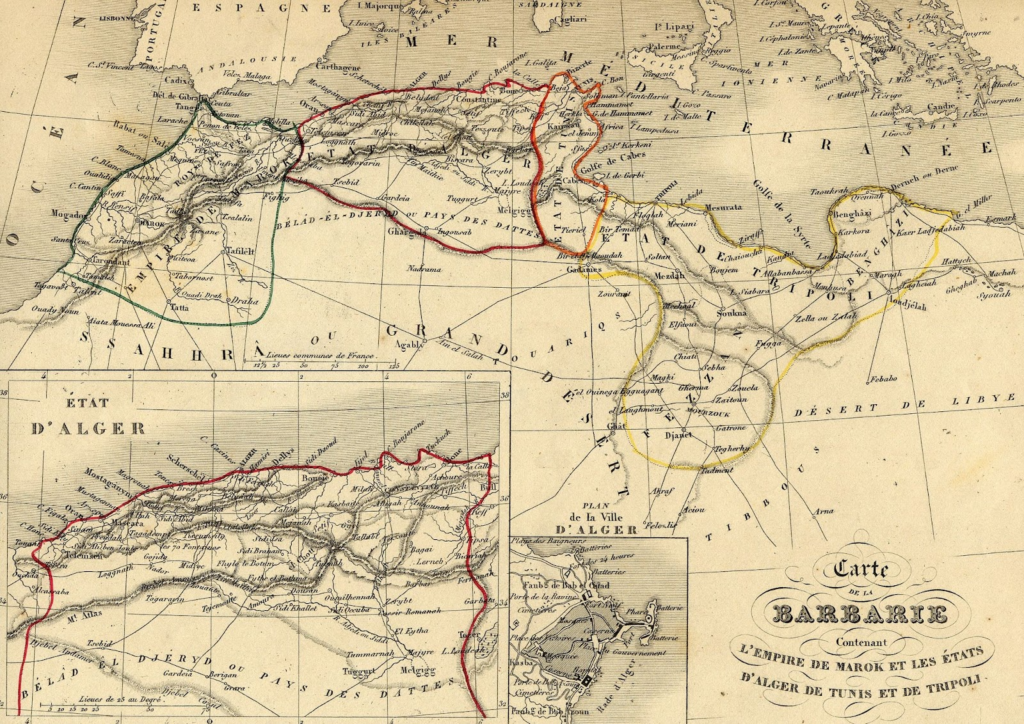
French, a language inherited from Morocco’s colonial past, continues to play a prominent role in the country. Introduced during the French Protectorate (1912-1956), French has become an important language of administration, education, and business. While its historical context remains complex, French proficiency offers Moroccans access to a globalized world and opens doors to international opportunities. Its influence is particularly evident in Moroccan literature and academia. Many prestigious universities and schools use French as a medium of instruction, further reinforcing its relevance in contemporary Moroccan society.
Spanish – A Linguistic Neighbor
Due to Morocco’s geographical proximity to Spain, Spanish has also permeated Moroccan society. It is spoken mainly in the northern regions of the country, where contact with Spanish culture and tourism is more significant. Spanish has gained traction in commerce, tourism, and cross-border exchanges, facilitating communication between Moroccans and their Spanish-speaking neighbors. This linguistic connection serves as a bridge between two countries with shared history, encouraging cultural exchange and enhancing economic ties. Spanish-language learning programs have also emerged to meet the growing demand and foster mutual understanding.
English – The Language of Global Communication
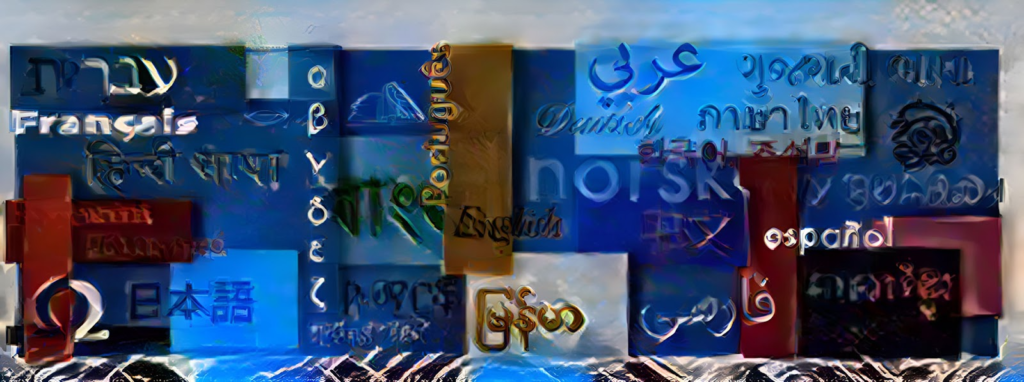
With the rise of globalization, English has become a lingua franca worldwide, and Morocco is no exception. English proficiency is increasingly valued in education, tourism, and the job market. Many young morocco language recognize the importance of English as a tool for personal growth and international collaboration. English language institutes and exchange programs have gained popularity, catering to the demand for quality language education. Additionally, English serves as a gateway to digital content, allowing Moroccans to access a vast array of information and connect with people from diverse backgrounds.
Language Diversity and Cultural Fusion
The diverse linguistic landscape of morocco language not only reflects the historical influences on the country but also contributes to a vibrant cultural fusion. The coexistence of multiple languages allows for a rich exchange of ideas, traditions, and customs among different communities. Through language, Moroccans are able to appreciate the nuances of various cultures and develop a broader understanding of the world.
Multilingualism and Identity
Language plays a crucial role in shaping individual and collective identities. In Morocco, multilingualism allows individuals to express their complex cultural backgrounds and forge connections with others. The ability to switch between languages enables morocco language to navigate different social contexts with ease. For instance, speaking Arabic may evoke a sense of national pride, while conversing in Berber may highlight one’s indigenous heritage. Multilingualism also fosters a sense of inclusivity, as individuals from diverse linguistic backgrounds can find common ground and celebrate their shared Moroccan identity.
Language Preservation Efforts
Recognizing the importance of linguistic diversity, morocco language has taken steps to preserve and promote its various languages. Government initiatives have been implemented to revitalize the Berber language, including its inclusion in school curricula and media platforms. Efforts have also been made to promote Arabic and strengthen its usage in formal settings. Bilingual education programs are gaining traction, emphasizing the value of both Arabic and French or English. These preservation efforts not only protect morocco language linguistic heritage but also contribute to the country’s cultural richness and identity.
Economic Benefits of Multilingualism
Multilingualism in morocco language brings significant economic advantages. The ability to communicate in multiple languages enhances international trade and business opportunities. Morocco’s diverse language skills make it an attractive destination for foreign investors, as companies can easily communicate with local partners.
Additionally, proficiency in languages such as French, English, and Spanish positions Moroccans for global employment opportunities, particularly in the tourism and hospitality sectors. By embracing multilingualism, morocco language can leverage its linguistic capabilities to foster economic growth and strengthen its position in the global market.
The Future of Multilingualism in morocco language
As Morocco continues to evolve in an increasingly interconnected world, multilingualism will play a vital role in shaping its future. Language learning programs and institutions are expanding, providing accessible avenues for Moroccans to acquire language skills.
The integration of technology and digital resources further facilitates language acquisition and cross-cultural communication. It is essential for morocco language to continue valuing and investing in its linguistic diversity, ensuring that future generations can reap the benefits of multilingualism. By doing so, Morocco can further enrich its cultural fabric and foster greater global understanding and collaboration.
Conclusion
Morocco’s multilingualism is a testament to its rich cultural heritage and its ability to adapt to a changing world. The linguistic diversity in the country reflects its historical, social, and economic complexities, while also serving as a powerful tool for communication, cultural preservation, and economic development. The coexistence of Arabic, Berber, French, Spanish, and English contributes to Mmorocco language identity as a multicultural nation. By embracing and nurturing multilingualism, Morocco showcases its commitment to inclusivity, understanding, and global engagement.
The continued promotion of language preservation efforts, education, and cross-cultural exchange will ensure that morocco language linguistic tapestry remains vibrant and thrives in the face of a rapidly changing world. Multilingualism will continue to be a source of beauty, connection, and opportunity for the people of Morocco, empowering them to engage with the world on their own terms.
Learn about: Unlock the Allure of French Morocco: Dive into a World of Exquisite Culture and Unforgettable Adventures
